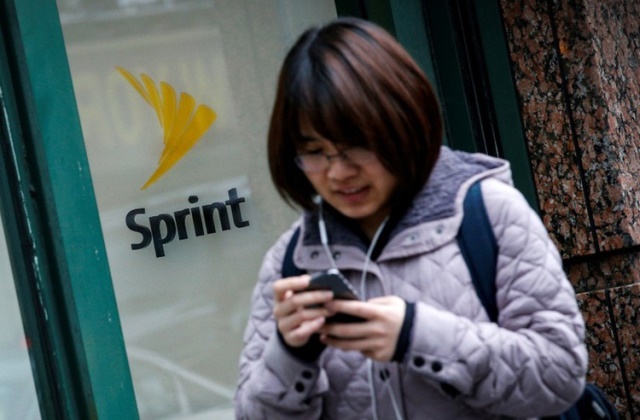Sprint executives have testified that the U.S. wireless carrier has struggled to improve its telecom network, hindering its growth.

But Sprint executives did not reveal the reasons for its lack of ability to enhance Capex in telecom network with additional funding in order to meet consumer demand for mobile data network.
U.S. state attorneys general, led by New York and California, are suing to stop the $26 billion merger deal between Sprint and T-Mobile. Sprint is owned by SoftBank of Japan. T-Mobile is owned by Deutsche Telekom from Germany.
The states seek to prove in Manhattan federal court that the deal between the No. 3 and No. 4 wireless carriers in the US would raise prices, particularly for users on prepaid plans. The state attorneys general, all Democrats, asked Judge Victor Marrero to order the companies to cancel the deal, Reuters reported.
Sprint Chief Marketing Officer Roger Sole testified that the company’s strategy for adding customers from competitors included slashing prices.
But he said the promotion’s early success faded away pretty soon due to customers having a negative experience with Sprint’s network quality.
Sprint said it conducted marketing promotion in 2016 offering plans comparable to those of Verizon, AT&T and T-Mobile. But T-Mobile’s MetroPCS prepaid immediately lowered prices on its plans. T-Mobile adds more customers to its network as compared with Verizon, Sprint and AT&T.
The evidence is central to the states’ argument that Sprint and T-Mobile as standalone companies force competition between carriers, providing the best deal for consumers.
Lawyers for the states also presented evidence suggesting Sprint wanted a deal so more money could be earned from each customer, Reuters reported.
In WhatsApp messages from 2017 between Sole and Marcelo Claure, who was then CEO of Sprint, Sole suggested a merger with T-Mobile could raise Sprint’s average revenue per user by $5.
Sole said, in his deposition before the trial, he was offering a thought that price increases could happen very far down the road.
The companies argue that the stronger T-Mobile that would result from the proposed $26.5 billion takeover would be better able to innovate and compete to reduce wireless prices. The case represents a break with the usual process of states coordinating with the federal government in reviewing mergers and generally coming to a joint conclusion.
Deutsche Telekom CEO Timotheus Hottges, whose company is the largest shareholder of T-Mobile, will testify on Tuesday, the report said.





